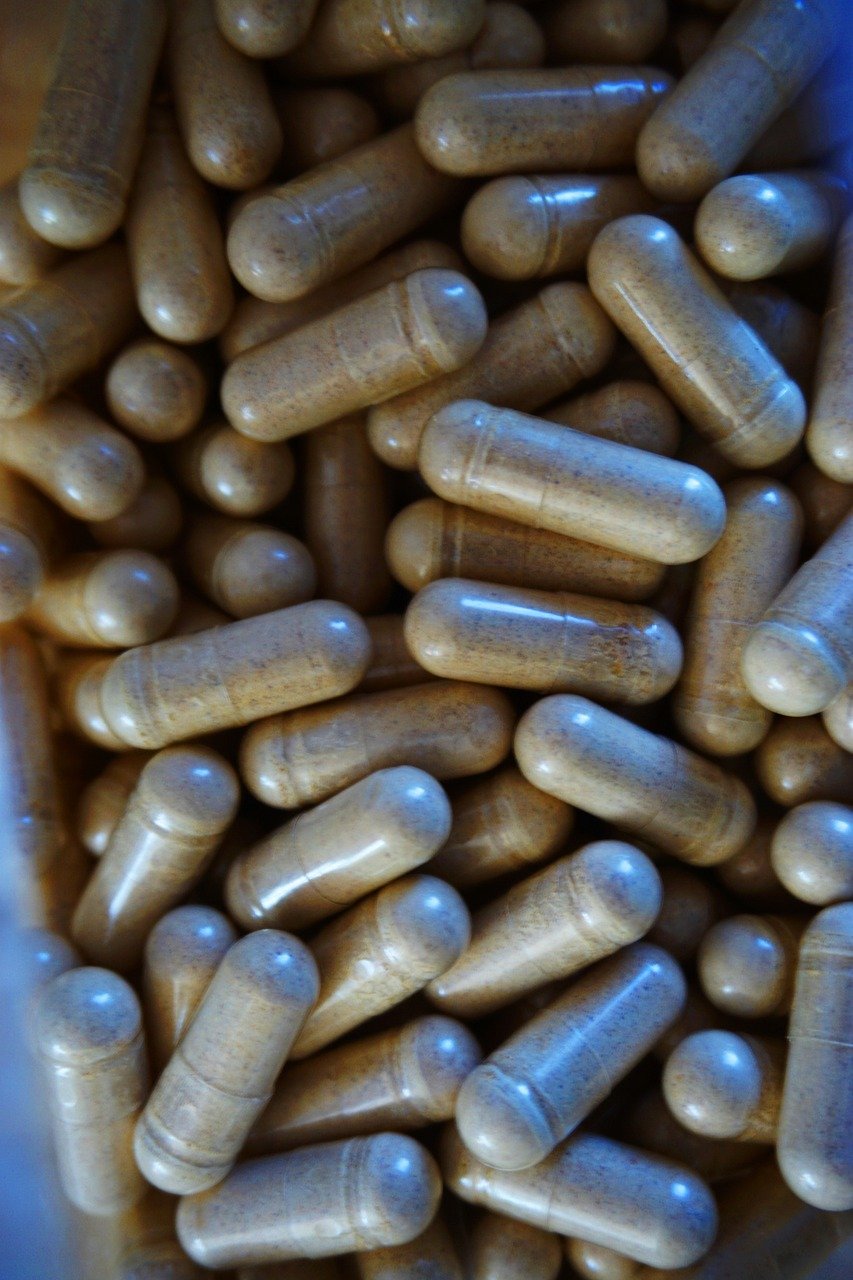Minerals are essential nutrients that our bodies need to function correctly. They play a crucial role in various physiological processes, including the formation of bones and teeth, regulation of metabolism, and maintaining proper nerve function. However, mineral deficiencies are widespread and can lead to significant health problems. This article explores the most common mineral deficiencies, the health issues they can cause, and ways to address them.
1. Iron Deficiency
Health Issues:
Iron deficiency is the most common mineral deficiency worldwide, affecting over 2 billion people. It can lead to iron deficiency anemia, characterized by fatigue, weakness, pale skin, and shortness of breath. Severe iron deficiency can impair cognitive function and immune response. A study published in the journal Lancet found that iron deficiency anemia affects approximately 30% of the global population, with significant impacts on public health, particularly in developing countries (Kassebaum, 2016).
Remedies:
- Dietary Changes: Include iron-rich foods such as red meat, poultry, fish, lentils, beans, and fortified cereals in your diet.
- PureHealth’s supplement pick: Iron-C from Pure Encapsulations.

2. Calcium Deficiency
Health Issues:
Calcium is vital for bone health. Deficiency can lead to osteoporosis, a condition where bones become weak and brittle. In children, it can cause rickets, characterized by bone deformities. Research in the Journal of Bone and Mineral Research indicates that inadequate calcium intake is linked to an increased risk of osteoporosis and fractures in the elderly (Reid, 2014).
Remedies:
- Dietary Changes: Consume dairy products, leafy green vegetables, almonds, and fortified plant-based milks.
- PureHealth’s supplement pick: Calcium-Magnesium from Pure Encapsulations.
3. Magnesium Deficiency
Health Issues:
Magnesium deficiency can lead to muscle cramps, mental disorders, osteoporosis, fatigue, and high blood pressure. Chronic deficiency is associated with heart disease, type 2 diabetes, and metabolic syndrome. A study in The Journal of the American College of Nutrition found that a significant portion of the population does not meet the recommended dietary intake of magnesium, leading to various health issues (Rosanoff et al., 2012).

Remedies:
- Dietary Changes: Include nuts, seeds, whole grains, green leafy vegetables, and dark chocolate in your diet.
- PureHealth’s supplement pick: Magnesium Glycinate Complex by Designs for Health.
4. Potassium Deficiency
Health Issues:
Potassium is essential for muscle function, nerve transmission, and maintaining fluid balance. Deficiency can cause muscle weakness, cramps, constipation, and irregular heartbeats. Severe deficiency can lead to hypokalemia, which can be life-threatening. According to a study in the American Journal of Clinical Nutrition, low dietary potassium intake is associated with increased blood pressure and cardiovascular disease risk (Cappuccio et al., 2016).
Remedies:
- Dietary Changes: Eat potassium-rich foods like bananas, oranges, potatoes, spinach, and avocados.
- PureHealth’s supplement pick: Potassium citrate from NOW Health.
5. Zinc Deficiency
Health Issues:
Zinc is crucial for immune function, wound healing, DNA synthesis, and cell division. Deficiency can lead to impaired immune function, hair loss, diarrhea, and delayed wound healing. Research published in Nutrients highlights that zinc deficiency is prevalent in low- and middle-income countries and is associated with stunted growth and increased susceptibility to infections (Brown et al., 2020).
Remedies:
- Dietary Changes: Consume meat, shellfish, legumes, seeds, nuts, and dairy products.
- PureHealth’s supplement pick: Zinc Supreme from Designs for Health.
6. Iodine Deficiency
Health Issues:
Iodine is essential for thyroid function. Deficiency can lead to goiter, hypothyroidism, and developmental issues in children, such as intellectual disabilities and growth retardation. A study in The Lancet Diabetes & Endocrinology revealed that iodine deficiency remains a public health concern, especially in regions with low seafood consumption and inadequate iodized salt use (Zimmermann & Boelaert, 2015).
Remedies:
- Dietary Changes: Increase intake of iodine-rich foods such as seafood, dairy products, and eggs. Use iodized salt in cooking.
- PureHealth’s supplement pick: Nature’s Way Kelp Supplement. Kelp is an excellent source of iodine, but might be preferable in supplement form due to unpleasant taste.
Conclusion
Mineral deficiencies are a global health concern with significant implications. Understanding the symptoms and health issues associated with these deficiencies is crucial for prevention and treatment. Adopting a balanced diet, using supplements when necessary, and making lifestyle changes can help address these deficiencies effectively.
References
- Kassebaum, N. J. (2016). The Global Burden of Anemia. Lancet, 387(10026), 1609-1624.
- Reid, I. R. (2014). Effects of Calcium Supplementation on Bone Density in Healthy Children. Journal of Bone and Mineral Research, 29(8), 1734-1745.
- Rosanoff, A., Weaver, C. M., & Rude, R. K. (2012). Suboptimal Magnesium Status in the United States: Are the Health Consequences Underestimated? The Journal of the American College of Nutrition, 31(4), 281-285.
- Cappuccio, F. P., Buchanan, L. A., Ji, C., Siani, A., & Miller, M. A. (2016). Systematic Review and Meta-Analysis of Randomized Controlled Trials on the Effects of Potassium Supplements on Serum Potassium and Blood Pressure in Adults. American Journal of Clinical Nutrition, 103(3), 834-851.
- Brown, K. H., Rivera, J. A., Bhutta, Z. A., Gibson, R. S., King, J. C., & Lönnerdal, B. (2020). International Zinc Nutrition Consultative Group (IZiNCG) Technical Document #1. Assessment of the Risk of Zinc Deficiency in Populations and Options for Its Control. Nutrients, 12(4), 1095.
- Zimmermann, M. B., & Boelaert, K. (2015). Iodine Deficiency and Thyroid Disorders. The Lancet Diabetes & Endocrinology, 3(4), 286-295.

Pingback: The Benefits of Magnesium Supplements: Understanding Different Forms and Their Specific Benefits - PureHealth Digest